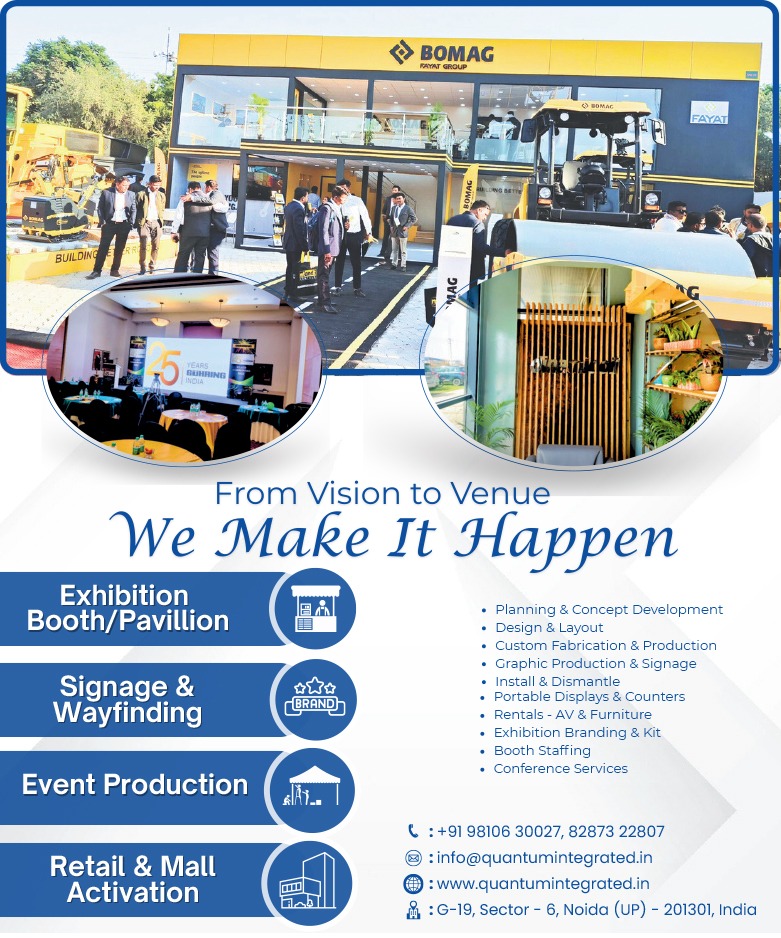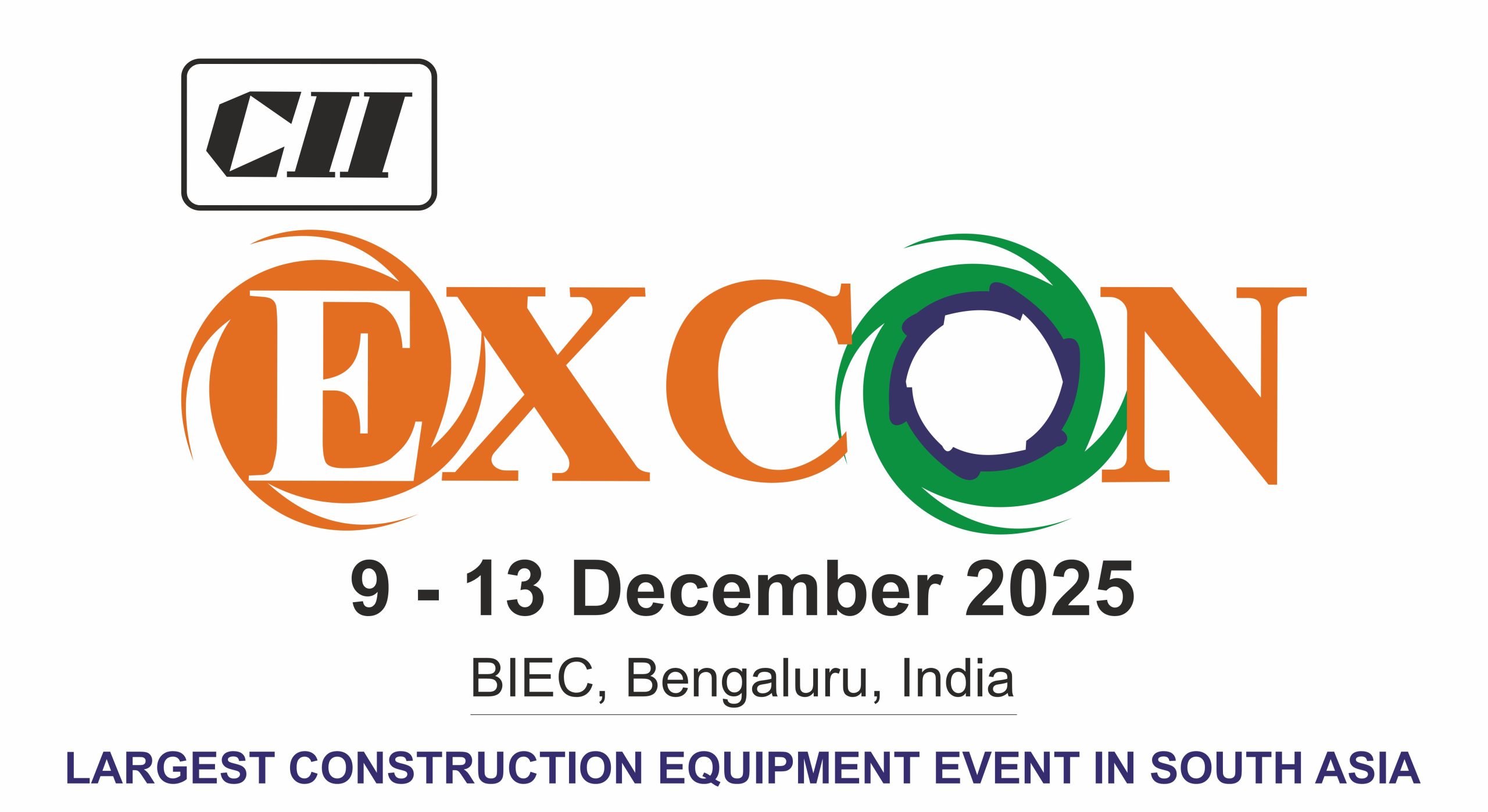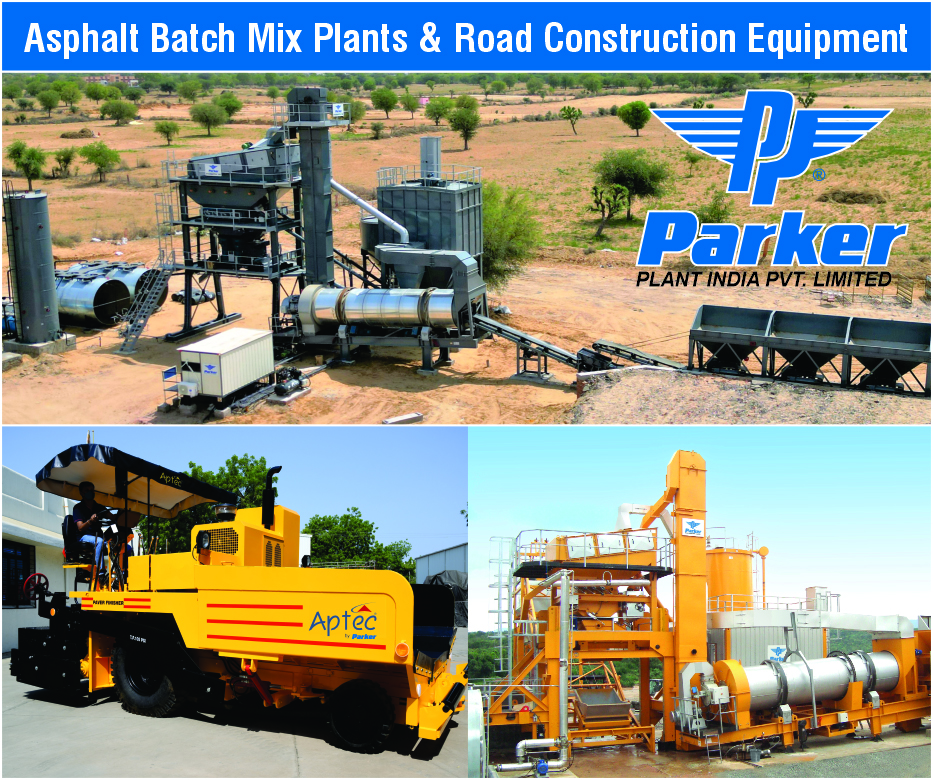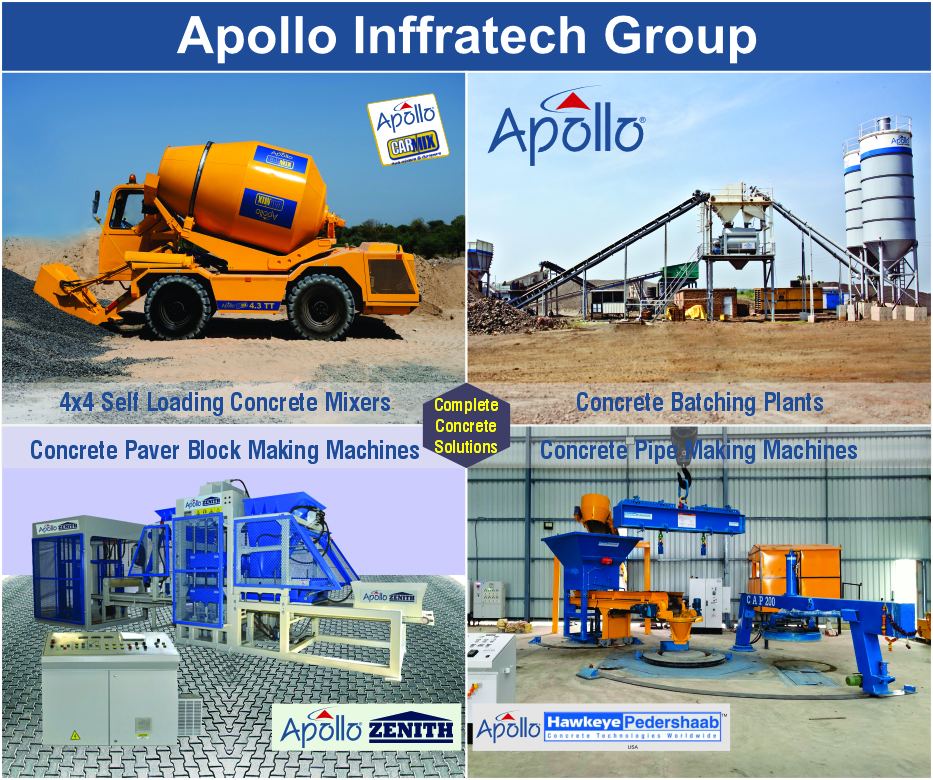Heidelberg Materials has inaugurated the world’s first industrial-scale enforced carbonation facility at its Górażdże cement plant in Poland, operational since early July 2025 under the EU- and Swiss-backed Carbon4Minerals initiative.
Using its proprietary ReConcrete technology, the plant processes recycled concrete paste (RCP) from its Katowice recycling facility. Exposed to kiln exhaust gases, the RCP undergoes enforced carbonation—chemically binding CO₂ within the material—turning it into a viable supplementary cementitious material (SCM). This approach enables partial substitution of energy-intensive clinker in composite cement.
Heidelberg Materials claims that each tonne of RCP processed through this system can reduce total CO₂ emissions by up to 1,000 kg: roughly 100–150 kg CO₂ is permanently stored in the material, while another 750–850 kg is avoided by replacing clinker.
Dr Katharina Beumelburg, Chief Sustainability & New Technologies Officer, described the project as a milestone: “We can now combine circularity and resource efficiency with decarbonisation”. Jon Morrish, European board member, added that this industrial-scale demonstration serves as a blueprint for rolling out similar facilities across the group.
On the heels of its Katowice separation plant launched in July 2024, this project marks a significant leap in closing the CO₂ loop in cement production and positioning concrete as an active carbon sink for the future.










